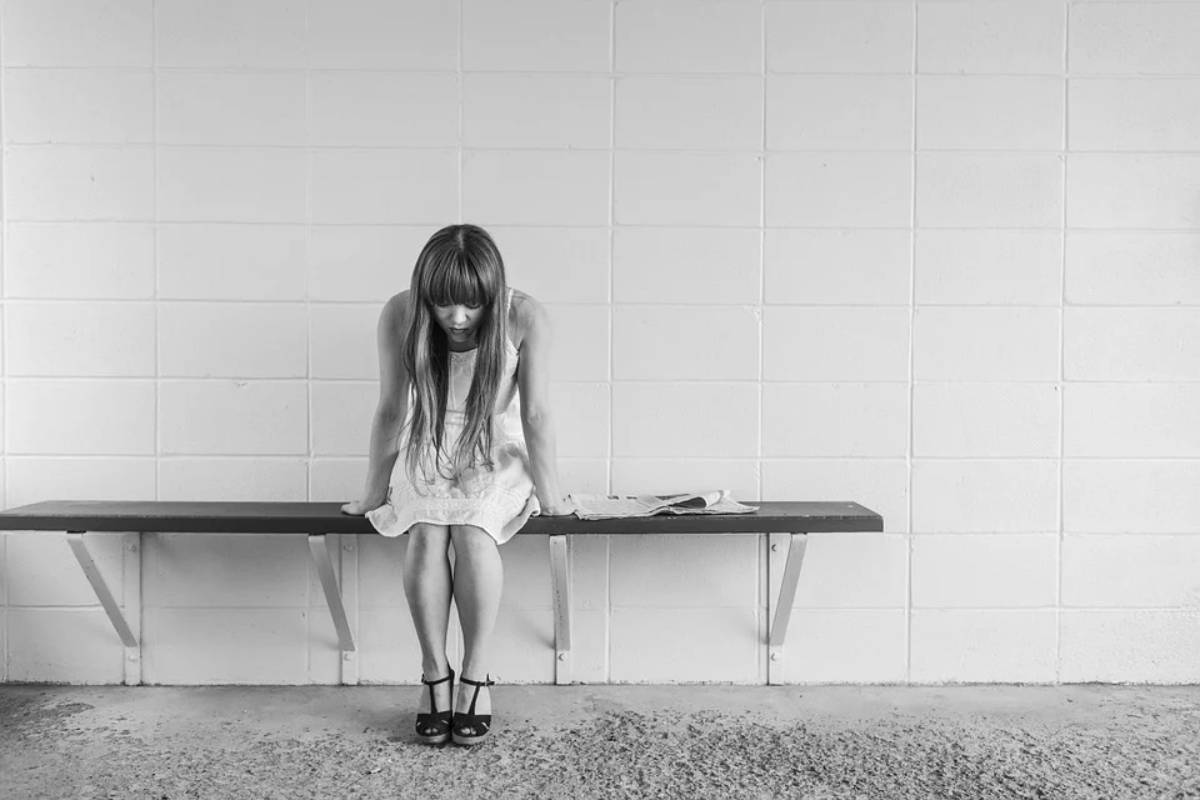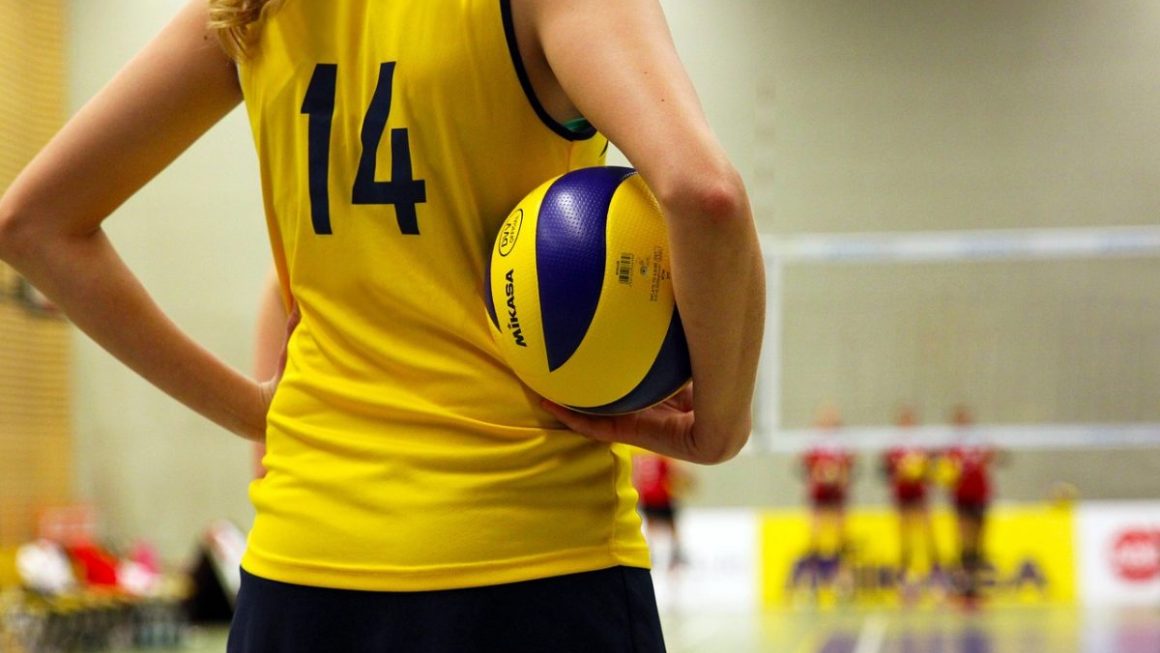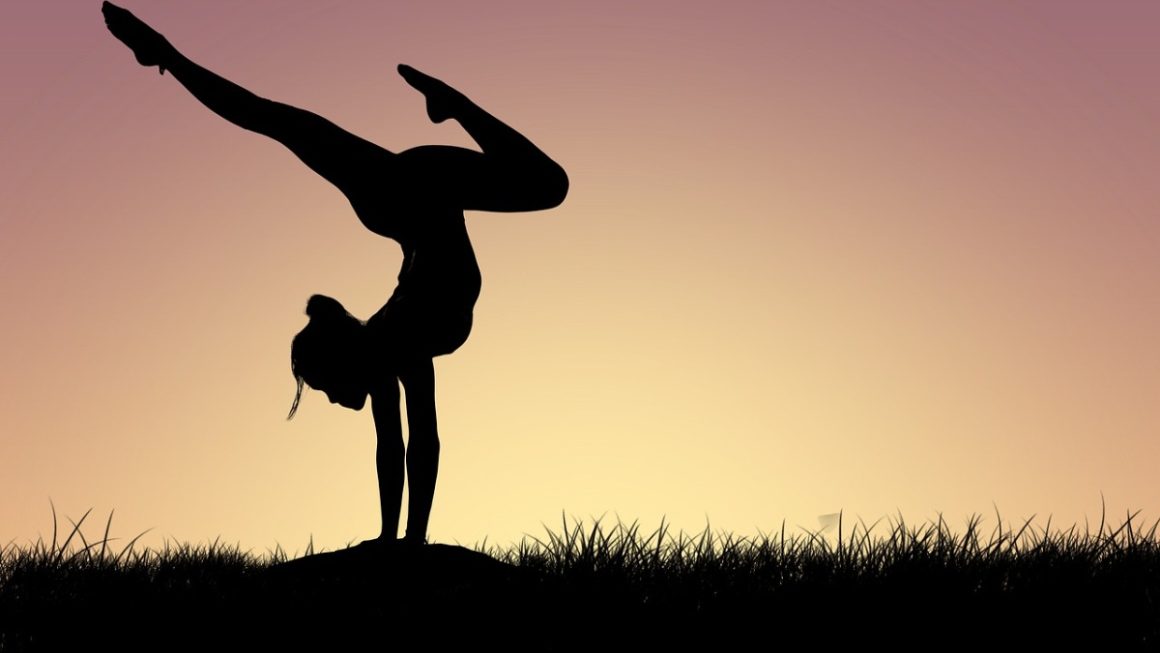In today’s world, people are exposed to negative mental influences almost daily. This can cause panic, insomnia and stress. Here’s how to confront them and why sports is one of the main helpers here.
Psychological Tip Against Stress
Stress and anxiety are perfectly normal human reactions to threatening or disturbing situations. They are part of the reaction that keeps us safe and prepares us to face danger, the purpose of which is to ensure that the individual is alert, focused and ready to deal with the threat.
Stress is the body’s response to a threat, and anxiety is the body’s response to stress. Stress has three kinds: stress itself as a reaction of internal organs to an agent or a protective reaction; eustress – a positive reaction of the body – and distress – a destructive reaction, leading to complete disorganization of the body.
Stress manifests itself as a reaction to a stressor in two ways – physical and psychological. Physical stress manifests itself as strain during injuries, exposure to weather conditions (cold, heat), acutely manifested during starvation, infectious infections, bleeding and all kinds of biological exposure. Psychological stress manifests itself as mental tension, depending on various types of stressors. It can be an external impact of society or an internal conflict.
Informational form of psychological stress manifests itself in situations when a person ceases to cope with informational loads. He doesn’t have time to perform the tasks assigned to him, can not make a decision or take responsibility in making a decision.
What are the differenzes between stress and anxiety?
When a person feels threatened, his body releases stress hormones that cause the heart to beat faster, resulting in more blood flow to organs and limbs. This reaction allows one to be ready to either fight or flee, and in some cases there is a freeze-up. In the first two reactions, the person begins to breathe more frequently and his blood pressure rises. This process happens very quickly and is called stress.
Anxiety occurs as the body’s response to this stress. Many people recognize anxiety as anxiety or fear before an important event. It causes a person to be alert and focused.
There are many similarities between the symptoms of stress and anxiety. When a person is stressed or anxious, they may experience:
- Rapid heartbeat.
- Rapid breathing.
- Anxious thoughts.
- Moodiness, irritability, or anger.
- Feelings of depression.
- Feeling of loneliness.
- nausea.
- Dizziness.
- Nervousness.
- Tension.
- Restlessness.
Stress can be short-lived and occurs in response to a perceived threat. Anxiety can last for a long time, and sometimes it may seem as if nothing causes it. It can be temporary, situational or pathological, the latter can be associated with a person’s development or living conditions, which leave a mark on his character. The reasons for constant anxiety can be physical: changes in hormonal levels, stress, depression or other mental disorders. An extreme degree of anxiety is panic.
How to Help Yourself if You Are Feeling Anxious or Stressed
The first thing to do is to adjust your breathing: you can breathe in different ways, the main thing is slow breathing or breathing by counting. It is important to imagine your hand in front of your eyes and breathe: three breaths – hand up for three counts, three exhales – hand went down. This exercise allows you to imagine that you can control something in your life, like breathing.
Talk to someone you trust. This could be a relative, a close friend, a therapist, or a helpline worker, so communication is good for relieving internal tension.
Find a way to calm down quickly. Try to listen to your body, especially your limbs, you can ask them a question: what movement would they like to make? Perhaps something to bump, tap, tear, knock, etc. Maybe, it’s gambling for a couple of minutes at the BetChan casino. Allow yourself to gently perform the movement in a non-stressful environment for yourself and for others. It will give you a release.
Ask yourself the question: what’s bothering you right now? Take a piece of paper and write out all the words that come to your mind, paying no attention to punctuation. As soon as you run out of words, read what you have written. Perhaps this will help you become more aware and stop the flow of anxious thoughts.
When you are anxious or stressed, it’s important to recognize that you cannot control everything, some things you definitely cannot, such as earthquakes, weather changes, other people’s thoughts, etc.
Try the “Hooks” exercise. Freeze, stretch your arms out in front of you, cross your legs together, then put your right palm behind your left palm so that they touch, interlock your fingers and, bending your elbows, turn your hands inward and press them to your chest so that your elbows are looking down. Keep your head straight, don’t tilt it back, chin down, tongue between your upper teeth, eyes looking up, stay in this pose until the body asks for relaxation. In the second part of the exercise, put your feet parallel, cross your palms, put your hands down and connect your fingertips.
Also Read: Tips To ChooseThe Right Rehab For Your Recovery
When there is prolonged anxiety or stress, it is important to add physical activity to your life. This is a natural and effective remedy for anxiety. Remember where you started: anxiety or stress primarily affects the extremities. Moderate exercise relieves stress, reduces stress hormones and strengthens the nervous system. Take at least 30 minutes a day to exercise.
You can keep a diary of observations of your emotional state, noting the ways in which you cope with various anxiety states. Notes help identify patterns of exacerbations, understand the causes, and notice the early signs of their occurrence. It also allows you to focus more attention on positive events that you may not have noticed before.
Start doing something with your hands. Clear your desk, doodle, start knitting a scarf, wash the dishes. Focus on any active activity, don’t sit.
Distract yourself from whatever is bothering you. If you start feeling anxious from watching the news, turn off the TV, turn on a pleasant movie or video, or read, you can turn on your favorite audiobook. You need to occupy your head with something else.




